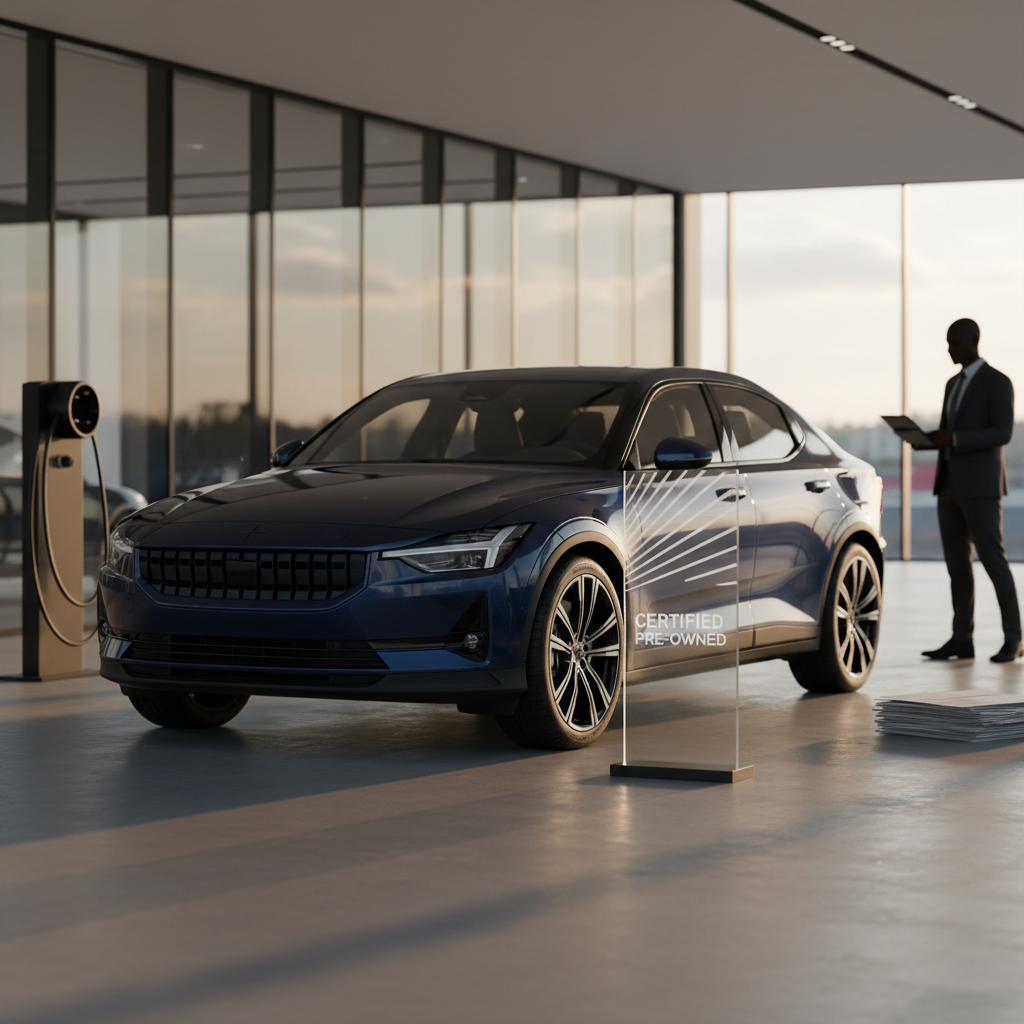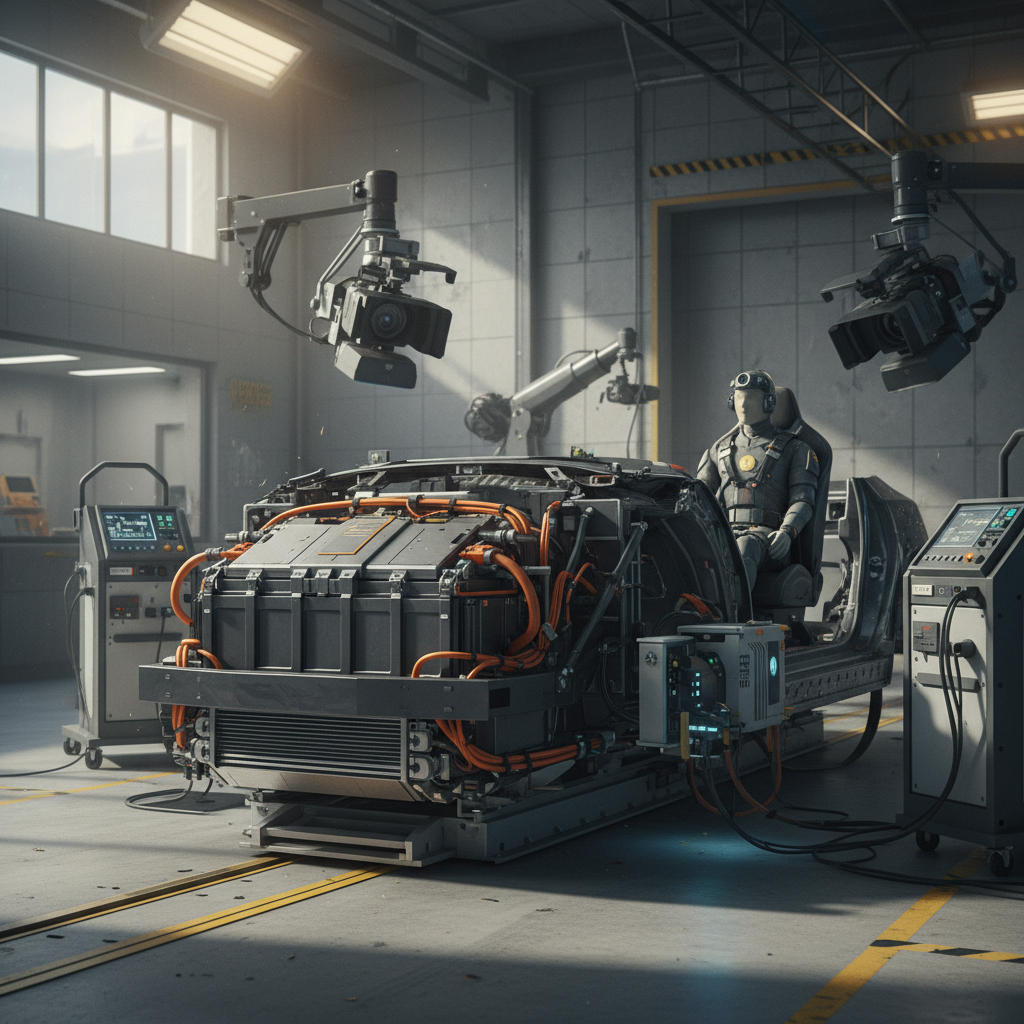You don’t go looking for a Tesla Model S Plaid for sale because you want an appliance. You’re shopping for a family hatchback that just happens to run the quarter mile like a superbike. The trick in 2025 is separating the genuinely good Plaids, especially used ones, from the cars that have led hard lives at every stoplight in town.
The Plaid, in one sentence
Why the Tesla Model S Plaid Still Matters in 2025
The Model S Plaid landed in 2021 as Tesla’s moonshot: three motors, four‑digit horsepower, and the kind of acceleration that makes race bikes nervous. Four model years later, it’s still the benchmark for straight‑line speed in a practical EV. New Plaids for 2025 list right around the high‑$90Ks before options, but the real story is the used Plaid market, where early cars have slipped into the $60,000s with sensible mileage.
That puts Plaid money in line with a lot of new midsize luxury SUVs. For roughly the same outlay, you can either have an upright leather‑lined crossover, or a spaceship that goes 0–60 in about two seconds and seats five with a giant hatch and frunk. It’s not the rational choice, but it’s the rare irrational car that can still handle kid duty, Costco runs, and a 300‑mile road trip in one shot.

Tesla Model S Plaid: Key Numbers (2025)
Tesla Model S Plaid Specs at a Glance
Every Model S Plaid shares the same basic recipe: 100‑kWh battery, three motors, all‑wheel drive, and a claimed 200‑mph top speed. Over the years Tesla has massaged details, steering controls, interior trim, wheel designs, but the fundamentals remain the same.
Core Tesla Model S Plaid Specs (Recent Model Years)
Broad strokes of the Plaid formula. Individual cars may vary slightly by wheels, software, and model year.
| Model year | Horsepower | 0–60 mph (claimed) | EPA range (19" wheels) | Battery | Top speed |
|---|---|---|---|---|---|
| 2021–2023 | 1,020 hp | 1.99 s | ≈348–390 mi | 100 kWh | 200 mph |
| 2024 | 1,020 hp | 1.99 s | ≈359–390 mi | 100 kWh | 200 mph |
| 2025+ | 1,020 hp | 1.99 s | ≈348–368 mi | 100 kWh | 200 mph |
Use this as orientation, not a substitute for checking the exact window sticker or spec sheet of any car you’re considering.
Spec sheet reality check
How Much Does a Tesla Model S Plaid Cost? New vs Used
New, a 2025 Tesla Model S Plaid lists around $97,000–$100,000 before taxes and options. Fancy paint, 21‑inch wheels, interior upgrades, and software add‑ons can nudge the window sticker into the $110K–$120K region. At that price, you’re cross‑shopping with Mercedes EQS, Lucid Air, and the nicer corners of the Porsche Taycan lineup.
New Plaid pricing (2025)
- Base MSRP around $99,000 before destination and fees.
- Commonly optioned examples land in the low $110Ks.
- You’re eating the steepest part of depreciation in the first 3 years.
- Upside: full factory warranty clock starts with you.
Used Plaid pricing (2021–2023 cars)
- Early Plaids that once stickered ~$130K are now appearing in the $60,000–$75,000 range depending on miles and condition.
- Low‑mile, late‑build cars still command more, but are well under new‑car money.
- Some examples have already lost half their original value, which is brutal for the first owner, and appealing for you.
- Sweet spot: 30k–50k miles, clean history, remaining battery warranty.
Watch the cheap outliers
Depreciation: Opportunity or Red Flag?
Luxury sedans depreciate like smartphones, and the Model S Plaid is no exception. Early cars that cost north of $130,000 when new now trade hands around the low‑$60Ks in some cases. That’s shocking, but not mysterious: segment‑typical luxury‑car depreciation, Tesla’s frequent price cuts on new cars, and a constant drip of software and hardware updates all conspire to push used values down.
What Plaid Depreciation Means for You
You’re either catching a falling knife or buying a staggering performance bargain. Sometimes both.
Huge performance per dollar
You’re buying a car that can humiliate million‑dollar exotics for roughly the price of a well‑specced midsize SUV. That’s the upside of someone else taking the depreciation hit.
Future values still soft
Expect Plaid prices to keep easing as newer EVs arrive and Tesla tweaks pricing. Buy a Plaid because you love it, not because you think it’s an investment.
Warranty as your safety net
Tesla’s battery and drive‑unit warranty is 8 years/150,000 miles on the Model S, with a minimum 70% capacity retention. If a used Plaid is still under that coverage, it takes much of the terror out of depreciation.
“The Plaid isn’t an appreciating asset. It’s an accelerative one.”
Battery Health and Warranty Checklist
On any used EV, battery health is the beating heart of the deal. The nice thing about the Model S Plaid is that the powertrain is under a long warranty: 8 years or 150,000 miles from first in‑service date, with at least 70% battery capacity guaranteed over that period. Still, you want more than a line in a booklet, you want real data.
Battery & Charging Checklist for a Used Model S Plaid
1. Check remaining factory battery warranty
Verify the original in‑service date and mileage. A 2021 Plaid with 40,000 miles in 2025 should still have several years and tens of thousands of miles of battery and drive‑unit coverage left.
2. Review detailed battery health data
Look beyond the dash estimate of range. A diagnostic like the <strong>Recharged Score battery health report</strong> looks at pack balance, charge history, and degradation to give you a quantified, third‑party view.
3. Examine charging behavior
If possible, fast‑charge the car and watch peak charge rates. A Plaid should be able to hit high DC rates at low state of charge; severely tapered speeds can hint at pack or thermal‑management issues.
4. Look at Supercharging history
Heavy DC‑fast‑charging doesn’t automatically kill a battery, but a Plaid that has lived exclusively on Superchargers will often show more degradation than one mainly charged on Level 2 at home.
5. Confirm software status and connectivity
Make sure the car is on up‑to‑date firmware and that cellular connectivity works. Some Plaid features and range optimizations arrive via over‑the‑air updates.
6. Inspect for physical pack damage
Have the underbody inspected for scrapes or impacts near the battery tray, especially on lowered or track‑driven cars. Any sign of pack damage deserves a more careful look.
How Recharged helps on battery health
What to Look For on a Used Model S Plaid
The Plaid encourages, let’s say, spirited use. When you’re shopping a car that can out‑drag a superbike, assume it has been driven accordingly until proven otherwise. You’re looking for evidence of care: clean bodywork, aligned panels, even tire wear, and a service history that suggests the previous owner treated the car as more than a party trick.
High‑Impact Inspection Points on a Plaid
These are the things that separate a good used Plaid from a science experiment.
Chassis, brakes & tires
- Tires: High‑performance rubber isn’t cheap. Uneven wear can hint at alignment issues or curb strikes.
- Brakes: Hard launches mean hard stops. Listen for noise, feel for vibration, and check rotor condition.
- Suspension: Rattles or clunks over bumps may indicate worn bushings or previous wheel damage.
Body, interior & electronics
- Panels & paint: Inconsistent gaps, overspray, or non‑OEM glass can point to accidents.
- Interior: Yoke or steering wheel wear, seat bolsters, and console trim tell you how the car was treated.
- Electronics: Test every major system: door handles, HVAC, audio, cameras, Autopilot, driver screens.

Be wary of heavily modified cars
Daily-Driving a 1,020-hp EV: Range, Comfort, Reality
The party trick is the launch; the point is everything else. The Model S Plaid is a huge‑trunk five‑door with a minimalist cabin, big screens, and a driving experience that’s more refined than its memes suggest. It is absolutely usable as a daily driver if you go in with realistic expectations.
- Range: Expect something in the low‑ to mid‑300‑mile range on 19‑inch wheels when the car is healthy, driven reasonably, and not sitting at 90+ mph all day.
- Ride comfort: The Plaid rides firmly but acceptably on 19s. The 21‑inch performance wheels look fantastic but add sharpness to potholes and nibble at range.
- Noise & refinement: Later cars are generally quieter and better trimmed; still, this is a clean, minimalist cabin, not a cocooned S‑Class.
- Charging: Native access to Tesla’s Supercharger network remains a key advantage on road trips compared with many rival EVs.
- Practicality: Giant hatch, usable rear seats, split‑fold rear bench, and a front trunk. It’s effectively a wagon that happens to vaporize time.

Financing and Total Cost of Ownership
Plaid ownership is not a budget sport, even if you catch a used car after the big depreciation hit. Insurance is expensive, tires are expensive, and performance brake service is not Camry‑money. On the other hand, there’s no gasoline bill and far less routine maintenance than a comparable gas sedan.
Where the money goes
- Insurance: High replacement cost and big performance mean higher premiums than a mainstream EV.
- Tires: Expect to buy quality performance tires and replace them more often, especially if you enjoy the car.
- Brakes: Regenerative braking helps, but repeated hard stops will still wear pads and rotors.
- Electricity: Still generally cheaper per mile than gasoline, especially if you charge at home off‑peak.
Why financing carefully matters
- Because depreciation is steep, consider shorter loan terms and strong down payments.
- Leave room in your budget for consumables, tires, insurance, and, yes, the occasional speeding ticket class.
- Platforms like Recharged can help you compare vehicles and pre‑qualify for financing with no impact to your credit, so you know your real budget before you fall in love with a specific Plaid.
How Recharged Helps You Buy a Model S Plaid Smarter
Shopping for a Tesla Model S Plaid is equal parts heart and head. Recharged exists to keep those two talking to each other. Instead of hunting through random listings with blurry photos and vague descriptions, you get a curated set of used EVs, Plaids included, each with transparent data and EV‑savvy help from the first click to delivery.
Why Consider Buying Your Plaid Through Recharged?
Performance‑car impulse; grown‑up process.
Recharged Score battery diagnostics
Every vehicle comes with a Recharged Score Report that includes verified battery health, charge history insights, and pricing benchmarks, so you know if that particular Plaid is a hero or a has‑been.
EV‑specialist support
Recharged’s specialists live and breathe EVs. They can help you compare Plaid to other performance EVs, understand real‑world range, and decide whether that ultra‑low‑mileage car is worth the premium.
Financing, trade‑in & delivery
From financing and trade‑in offers to nationwide delivery and even in‑person help at the Recharged Experience Center in Richmond, VA, the whole process is built around making high‑performance EV ownership simple.
Tesla Model S Plaid Buying FAQ
Frequently Asked Questions About Buying a Tesla Model S Plaid
Bottom Line: Is a Tesla Model S Plaid Right for You?
If you’re simply looking for an efficient EV commute pod, the Model S Plaid is massive overkill. But if you want a car that can haul a family, swallow luggage, cruise 300 miles between charges, and still rearrange your internal organs on a freeway on‑ramp, nothing else quite matches it, especially on the used market, where depreciation has turned a six‑figure super‑sedan into an attainable dream for more buyers.
The smart move is to treat the Plaid like what it is: a serious performance machine disguised as a hatchback. That means doing your homework on battery health, warranty, and running costs, and working with a seller who understands EVs. Whether you’re browsing nationwide listings or eyeing a specific Tesla Model S Plaid for sale, using tools like the Recharged Score Report and EV‑savvy support can turn an emotional impulse into a genuinely great long‑term buy.



